The yellow warning light on your vehicle’s dashboard alerts you to important information, typically a fault detected by the onboard diagnostics system.
The issue should be diagnosed and resolved promptly, but in most cases, you can continue driving with caution for a short period.
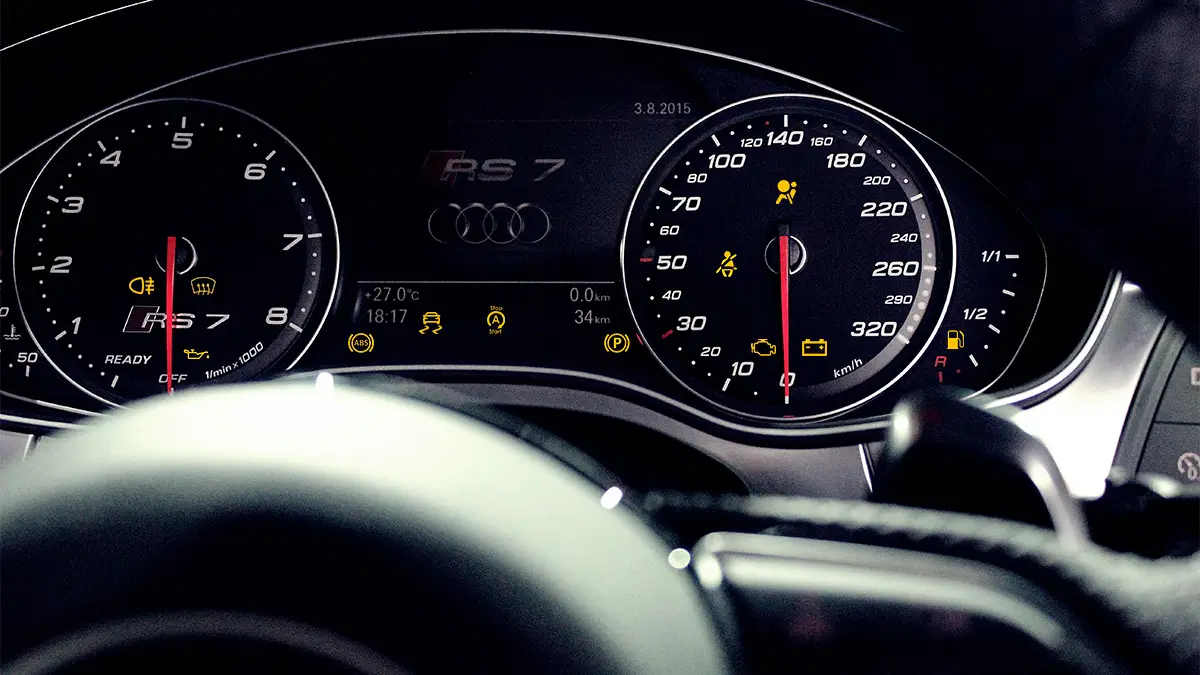

Are you looking for a car scanner ?
The amber warning light indicates a fault
Yellow warning lights indicate a fault or malfunction. When a warning light comes on, it’s recommended to visit your mechanic or run a diagnostic check using a Car Diagnostics Scanner. If you are unsure about the cause, you can also contact your dealership for further advice.
The orange engine light or emissions warning light: What is it for?

The engine warning light is part of this category of indicators.
The purpose of the amber engine warning light, also known as the "Check Engine Light," is to indicate that a fault has been detected in the engine, transmission, or emissions control system of your vehicle.
It specifically alerts you to faults related to the emissions system.
The airbag warning light: Indicator for the passive safety system

The airbag warning light indicates a malfunction in one or more airbags in your vehicle. In some cars equipped with seatbelt pretensioners, the airbag warning light may also come on if the pretensioner system is not working correctly.
The most common reason for this warning light to appear is an electrical issue such as a disconnected connector under the seat. It is also common for the passenger airbag to be deactivated when installing a child seat, which can also trigger the amber warning light.
The ESP warning light: Traction control system indicator
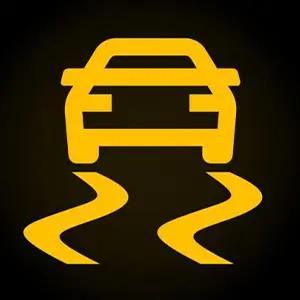
The ESP warning light generally comes on when driving through bends, or when the road is wet or slippery. This traction control system is designed to improve your vehicle’s handling and stability.
If the ESP system detects a loss of traction or a deviation in your vehicle’s trajectory, it automatically brakes one or more wheels to correct the issue. When this happens, the amber warning light appears on the dashboard. In most cases, the light turns off once the bend has been negotiated.
If the ESP warning light stays on continuously, it means the ESP system has been deactivated.
The ABS warning light: Anti-lock braking system indicator

The ABS system, or “Anti-lock Braking System”, prevents the wheels from locking during heavy braking. Wheel lock-up can lead to loss of control, increasing the risk of an accident if you are unable to steer your vehicle after braking.
Even if the ABS warning light is illuminated, you can still continue driving. However, it is important to visit your mechanic as soon as possible to diagnose and repair the issue.

Are you looking for a car scanner ?
Amber warning light indicates use of vehicle accessories
The amber warning light can also inform the driver that certain accessories are in use. These accessories are not designed to be used continuously.
Rear window defrost indicator light
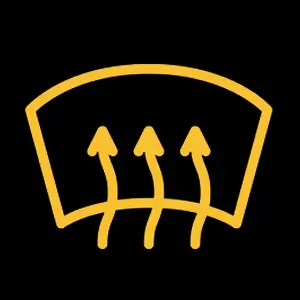
When you activate the rear window defrost function in your car, the yellow defrost indicator light appears on the dashboard. On some vehicles, this light will turn off automatically after approximately 10 minutes.
Rear fog light indicator
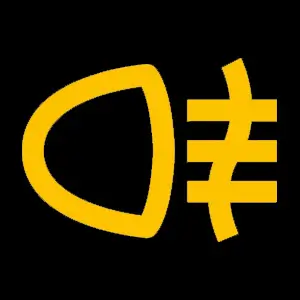
This orange warning light lets you know that the rear fog light(s) on your vehicle are switched on.
The rear fog light should only be used in conditions of fog, heavy snowfall, or intense rain. Its brightness is 2 to 3 times greater than a standard brake light, which can dazzle drivers behind you if the fog has cleared.
Start & stop: The fuel-saving indicator light
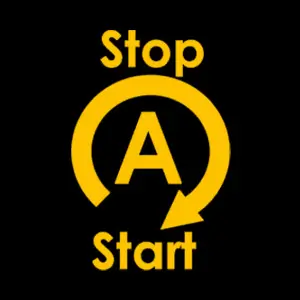
The Start & Stop system helps reduce fuel consumption and greenhouse gas emissions.
When you start the vehicle, the system activates automatically. While driving, whenever the vehicle comes to a stop (in traffic jams, at traffic lights, etc.), the system will shut down the engine, putting it into standby mode.
To learn more
That’s it for this article about the different amber dashboard warning lights. If you have any tips or questions, feel free to share them with us in the comments section.
You can also share this article with your friends on social media!

